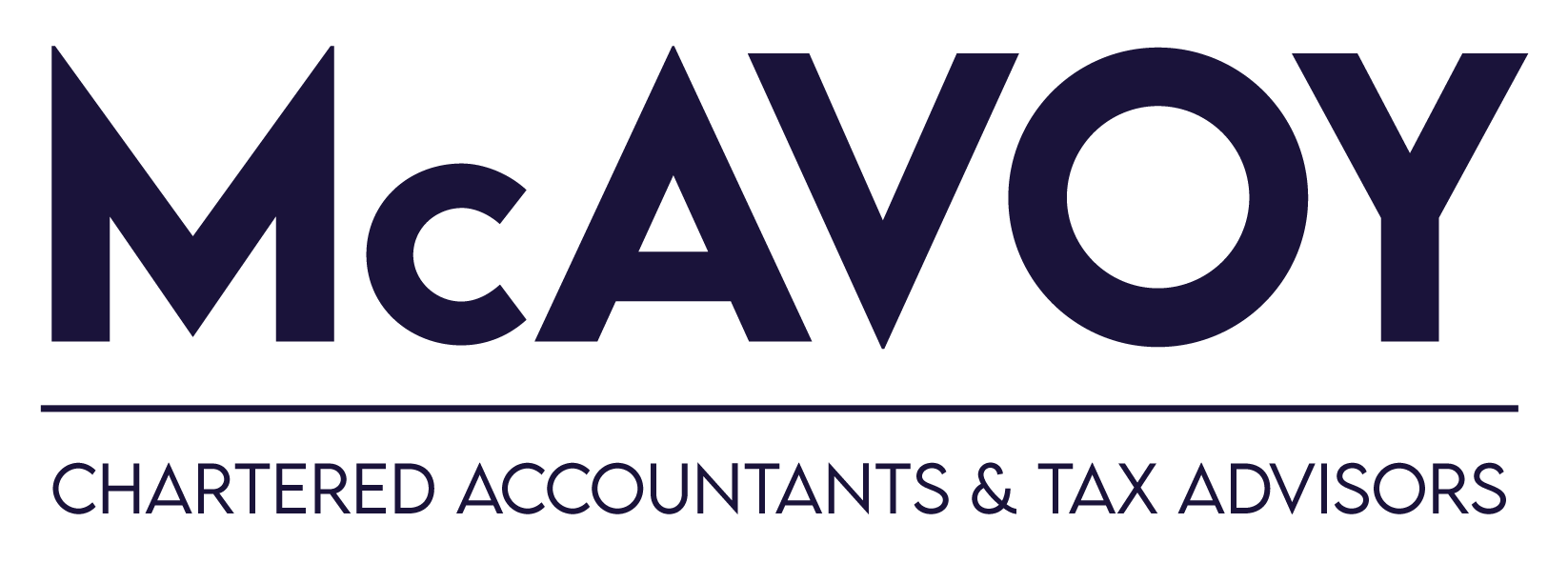This is our third article on tax-effective Will planning and is aimed at helping you to navigate your way through the Inheritance Tax maze.
If you have fast-appreciating assets, you may want to make gifts rather than to wait until death. There may be a tax advantage in doing so.
In recent times, the value of residential property and quoted shares in many tech companies has been rising at a significant rate. The earlier that fast-appreciating assets are transferred to the next generation the lower the value and hence the lower will be the Inheritance Tax or Gift Tax (usually referred to as CAT) liability on the transfer. The immediate downside to this is that you will lose any income that these assets generate. Accordingly careful thought is required before taking action.
If you do decide to transfer fast-appreciating assets by way of a lifetime transfer there is a very useful tax relief which allows any CGT that you pay to be offset against the recipient’s CAT liability on the same event. Like all tax reliefs the credit for CGT on the same event comes with conditions; the main one being that the recipient must continue to hold the asset for a period of two years after the gift.
Of course if you are considering availing of the credit for CGT on the same event then it is really important to ensure that the exempt threshold is fully utilised prior to the gift as otherwise there may be insufficient CAT to use the CGT credit. Careful planning is required to ensure that lifetime transfers are made tax efficiently and the credit for CGT on the same event is maximised.
Trusts can be either terrible or terrific; it all depends on the circumstances.
It is usually more tax efficient to provide absolute benefits to a beneficiary than to transfer them into a trust. But sometimes tax isn’t the main consideration. Take for example a case where beneficiary is under-age, improvident, or incapable of managing his or her affairs. In these situations it is necessary to consider the creation of a trust to ensure that the inheritance can be managed for the beneficiary.
Under a discretionary trust the settlor selects trustees who he or she can rely on to make the decision on when to appoint income and or capital to the beneficiary. A discretionary trust can be liable to levies (a once off levy charged at 6% and an annual levy charged at 1%) but there are certain exemptions which you will find below.
Fixed interest trusts which are created for a defined period of time are sometimes used to delay the provision of benefits until the beneficiary reaches a certain age. The suitability of a trust to any particular case will depend on the circumstances of that case. Careful planning and consideration is always required.
Successors who are infirm or incapable of looking after their own affairs?
Additional legal and tax considerations come into play if you are providing for a vulnerable person in your Will. If you are providing for a person whose benefits will be means-tested, it is not prudent to leave an inheritance directly to that person. This is because that inheritance will be taken into account when means come to be tested.
You could instead consider setting up a discretionary trust for the vulnerable person on whose behalf the trustees would manage the trust. There are certain exemptions from tax that may apply. These include:
- Where a beneficiary is permanently incapacitated by reason of mental or physical infirmity an inheritance that is taken exclusively for the purpose of discharging expenses relating to medical care, including the cost of maintenance in connection with such medical care, is exempt from CAT. In practice Revenue insists on the disponer showing that his/her intention was to provide for the beneficiary’s medical care. Therefore it is important to state in your Will or in your letter of wishes to the trustees that the funds may be allocated towards medical care. This will ensure that any appointment of funds from the trust for the benefit of the beneficiary with special needs has the opportunity to be exempt if the benefit is in fact used for the discharge of qualifying expenses
- Discretionary trusts are liable to levies both on creation and annually but these levies can be avoided where the beneficiary is incapable of managing his or her own affairs.
Once again careful planning is necessary to ensure that a beneficiary with special needs will be able to avail of the exemptions set out in the legislation.
And finally, how are the beneficiaries to pay their tax? Have you considered transferring assets free of tax?
It’s all very well leaving valuable assets to your loved ones but without a plan to pay the tax on the inheritance your loved one could face a serious liquidity issue. Let’s take a simple example say, one where a father leaves an investment asset worth €1m to his daughter. Assume that the parent-child exemption has already been fully utilised.
The daughter’s CAT liability on the inheritance is €330k but she doesn’t have cash to pay the tax. Fortunately there are also some reliefs in the tax legislation that can be used to solve or alleviate the beneficiary’s liquidity issues.
Where a disponer directs that a gift or inheritance is taken free of tax then the gift or inheritance includes the amount of the tax but not the tax on that tax and in that way limits what would otherwise be an infinite “tax on tax” arithmetic series. So in the example above, had the disponer directed that his daughter would take the investment property free of tax she would take an inheritance of €1,330k and the tax of €438,900 would be paid from her father’s Estate.
Another useful technique for paying the beneficiary’s CAT liability is where the disponer takes out a qualifying insurance policy for the purpose of paying CAT. These policies are referred to as s.72 life insurance policies. Provided the relevant conditions are met the proceeds of the insurance policy are exempt from inheritance tax to the extent that they are used to pay inheritance tax.
In addition to the above methods of dealing with the beneficiary’s CAT liability we can also devise custom made solutions. These would vary depending on the assets in the Estate. The key message is that through careful Estate planning the problems can be foreseen and the beneficiaries’ tax payments can be managed.
If you need help and advice in doing some tax-effective Will planning, feel free to contact any member of our tax team on (021) 4321321 or E-mail Dara Burke, Stephanie Kirby or Joe McAvoy on info@mcavoy.ie.

